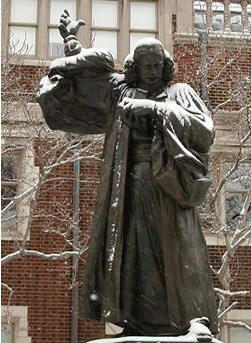An experiment
Let's try a little (thought) experiment in verbal short-term memory. First, find a friend. Then, find a reasonably complex sentence about 45 words long, expressing a cogent and interesting point about an important issue — say this one from a story in today's New York Times: "But the billions in new proposed American aid, officials acknowledge, could free other money for Pakistan’s nuclear infrastructure, at a time when Pakistani officials have expressed concern that their nuclear program is facing a budget crunch for the first time, worsened by the global economic downturn."
Now call your friend up on the phone, and have a discussion about the topic of the article. In the course of this conversation, slip in a verbatim performance of the selected sentence. Then ask your friend to write an essay on the topic of the discussion. (OK, this is a thought experiment, right?)
How likely is it that the selected sentence will find its way, word for word, into your friend's essay?
Read the rest of this entry »
 In writing a few days ago about "
In writing a few days ago about "